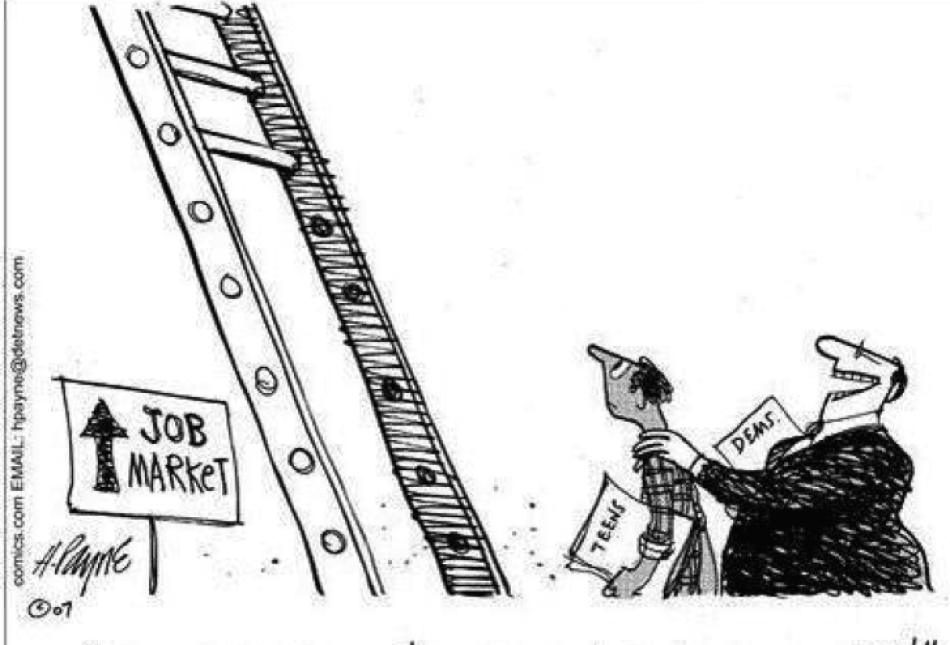Rio Grande Foundation Study Exposes Proposed Minimum-Wage Hike as Misguided, Harmful Policy

(Albuquerque) In response to efforts underway to raise the minimum wage in Albuquerque from $7.50 to $8.50 and indexing it to inflation, the Rio Grande Foundation has released a new report detailing the negative impacts of minimum wage hikes. The report, “Raising Albuquerque’s Minimum Wage: A Misguided Anti-Poverty Measure at Best, A Cruel Impediment to Work at Worst,” is available on the Rio Grande Foundation’s website.
Among the items to be found in the report is the fact that any increase in the minimum wage would be poorly-targeted in terms of reaching those who is supposed to benefit from the bump in wages.
- “According to data from the Census Bureau, approximately half of all minimum wage workers are in what might be called their “prime working years (26-65).” Said Gessing, author of the report, “As one would expect, about half of New Mexicans working at the minimum wage are either just getting started in the workforce or are working “odd-jobs” that allow them to make some extra money as the move towards full retirement”;
- Also, only approximately 20 percent of those currently earning the minimum wage in New Mexico are the breadwinner in their families and supporting children. More than 50 percent either live with their families, a spouse, or have some other family support structure in place to pay a majority of the bills;
- The average family income of families with a minimum-wage earner exceeds $55,000 and the median exceeds $43,000 annually. Clearly, the archetypical single mom supporting kids on a minimum wage salary is not the norm.
- Advocates assume no negative externalities of their preferred policies, but New Mexico’s teen unemployment rate is currently 22.6 percent – up dramatically from 13.2 percent in 2002 (prior to the last Congressionally-mandated bump in the minimum wage and the recent economic downturn). Increasing Albuquerque’s minimum wage could push even more young people out of the work force entirely.
Concluded Gessing, “Even if we assume nothing but benefits will accrue to those at the bottom rung of the employment ladder, an increase in the minimum wage is a poorly-targeted anti-poverty policy. After accounting for the fact that some otherwise employed individuals will lose their jobs as a result, a hike in the minimum wage becomes an impediment to the skills, discipline, and self-esteem associated with holding down a first job.”
